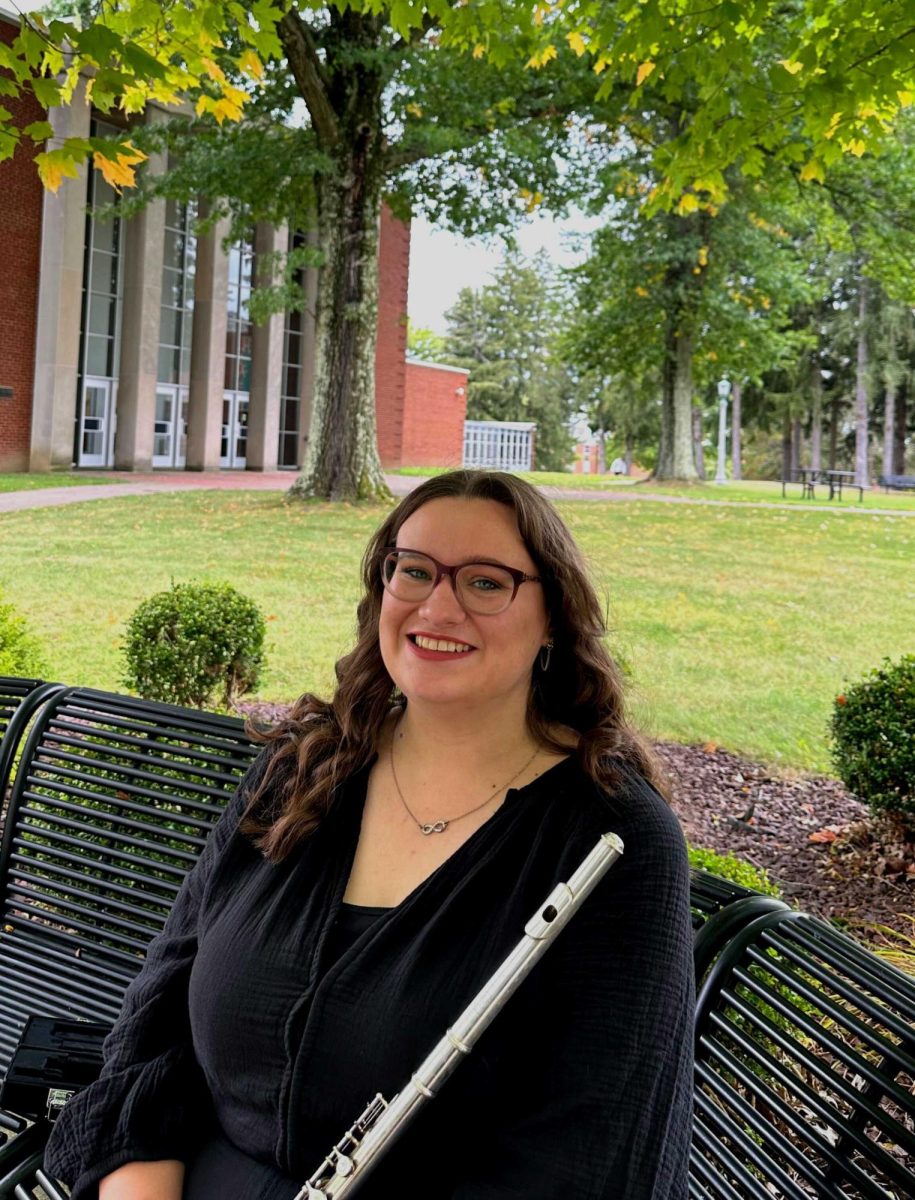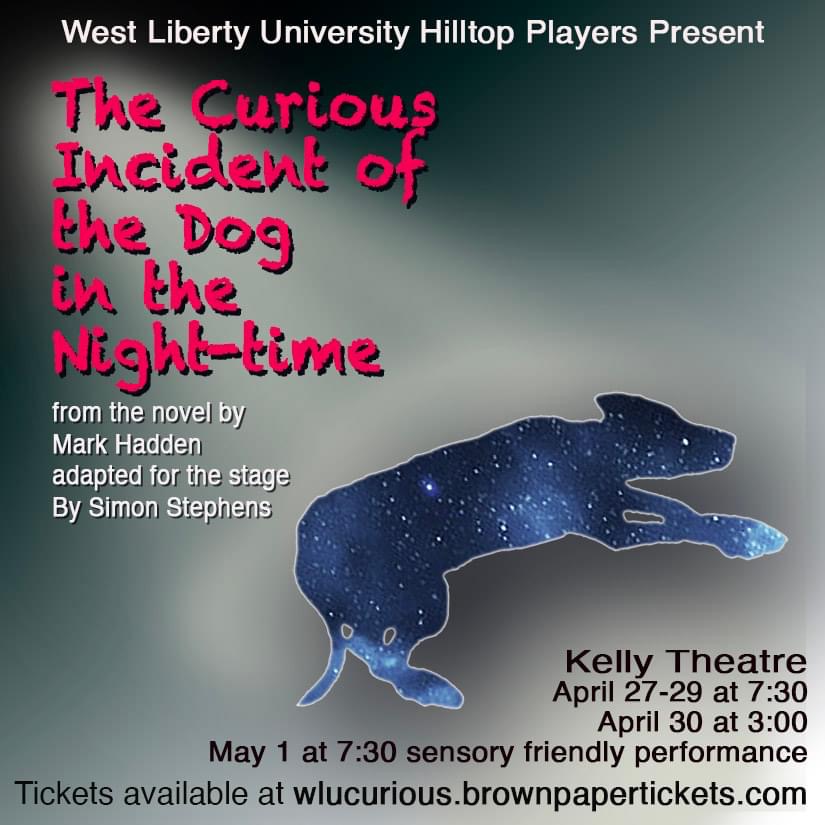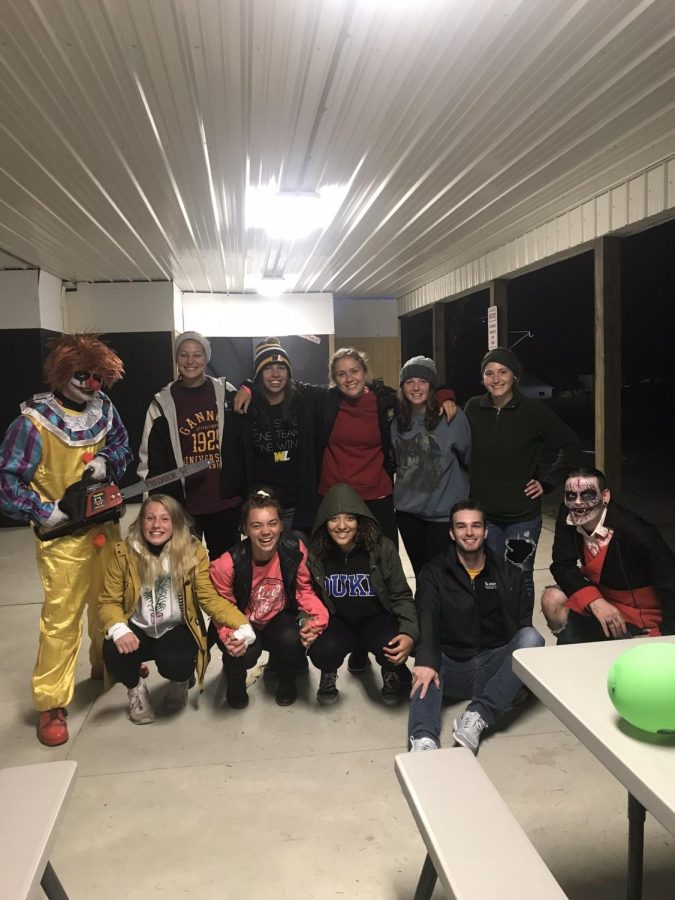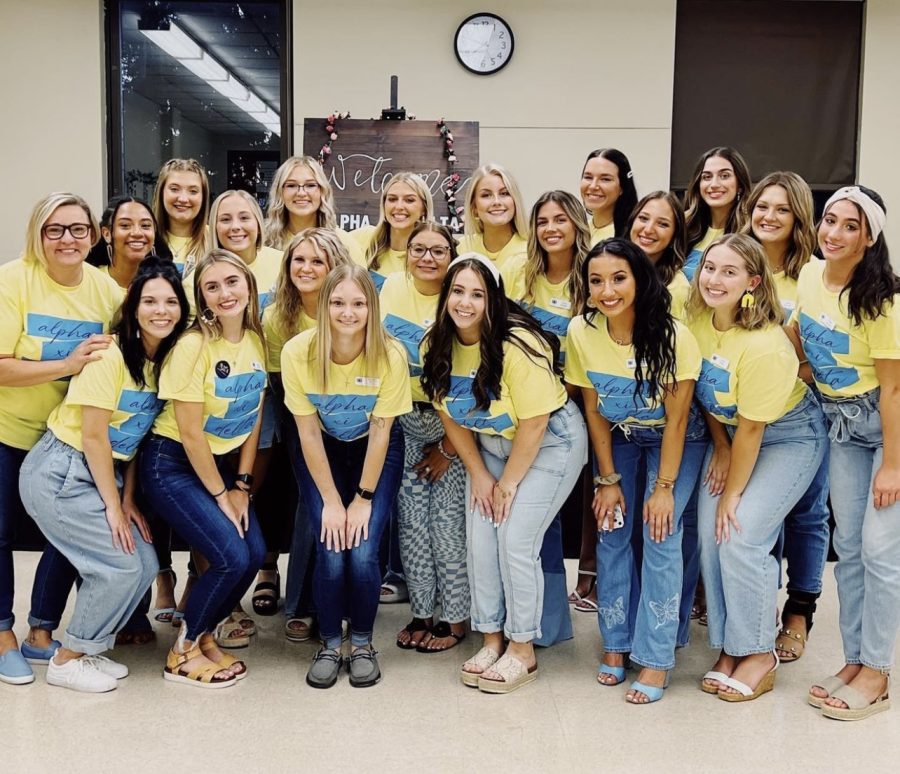By Daniel Morgan, Editor
To the dismay and indifference of many, the West Liberty University administration is discussing the combination of the Colleges of Arts and Communication, Liberal Arts and Professional Studies.
On Oct. 4, a mass email was sent out by campusinfo confirming rumors of the merger. The following day, the scheduled board of governors meeting took place, and faculty constituents voiced their opposition of the merger right away, including Brian Fencl, Chair of the Department of Journalism, Communication Studies and Visual Arts and Moonjung Kang, professor of graphic design. Once they finished, the meeting progressed for two hours without mention of the merger until the very end, when it was rushed. The discussion was eventually tabled until their next meeting in December.
As it turns out, several BOG members hadn’t even seen the proposed merger until the very day of the meeting. That misleading email, at least in my opinion, may have been used as a mechanism to stifle student and faculty opinion since it falsely stated that the decision was made.
“I was surprised to see the email,” said Jim Haizlett, Associate Professor of Graphic and Digital Media Design and BOG Faculty Representative. “It certainly seemed premature and somewhat presumptive to me, because it used language that the proposal was a done deal, before it had even come before the BOG for a vote.”
The consensus is that the College of Arts and Comm. is fully against the merger because of the potential damage on recruitment and individuality regarding programming and education. The College of Liberal Arts is willing to recombine, as Arts and Comm. was previously located in Liberal Arts before.
“If you start to tinker with something that is working fairly well, you actually drive students away, you create inefficiency, and you create, actually, unexpected consequences,” Fencl said. “We need more students, and the way that we get more students is by having a clearly defined identity out in the community.”
“We work through a portfolio-based system,” Fencl said. “That’s how we are evaluated, and that’s what our employers care about most. Who else has that on campus? The fact that we function differently, we teach differently, our spaces are different, it’s just a sign that yes we’re different and we should be organized separately. Historically, it works really, really well.”
Dr. Tammy McClain, Dean of the College of Liberal Arts, thinks otherwise.
“I see no difference in how our programs operate before and after the separation, and I don’t expect to see any major differences regardless of the decision,” McClain said. “My experience is that most students more closely identify with their major than with the college in which it is housed, so I do not expect any negative effects on current students. I also do not know many high school students who aspire to be part of a particular college. Their focus is on their major, so I don’t really believe that there will be any impact at all on recruitment.”
The only true argument in support of combining the colleges is the monetary benefit, which is understandable. President Stephen Greiner explained at the BOG meeting that if the colleges remained separate with three individual deans, the cost would be approximately $141,000. If the colleges combined and sought one dean, the cost would be $5,000. If the merger does happen, it will not take place until July 2017 for the new fiscal year. Then, a national search for its dean will take place.
“It’s incumbent on us as administrators to be good stewards of our financial resources, and when the financial options were presented to me and when we look at the total costs of hiring several external deans, that’s not in our budget,” Greiner said. “It’s an exorbitant cost, and is that a cost that’s worth it at this time?”
“The colleges have been combined before, so this was not something new, this was just to put them back together,” Greiner said. “We really do have to be mindful of how we spend our money, and that cost just wasn’t in the budget. There are some other priorities that we can use the money on right now. We could possibly get another mid-year budget cut from the state. We’ve been anticipating one, and the state currently has a 300 million dollar deficit, and we’re a state agency.”
The monetary impact is certainly an important matter to consider in this situation. Higher education in West Virginia continues to lose funding, and the university has to work with what it is given. Still, money is not enough to convince others that the merger is a worthwhile plan.
“I understand the financial aspect of it; it does seem that there would be savings there,” said Dr. Matthew Harder, Dean of the College of Arts and Communication. “But I don’t think that it’s really worth it to break up this college in order to save some money. I think it’s more important for us to stay as a unit together with our model of administration that we have, and it all seems to be working very well.”
“I think that the College of Arts and Comm. should stay as an autonomous unit,” Harder said. “Visibility and recruitment is extremely important to the university right now, and for us to recruit for our programs, it seems like a step backwards for the college to be kind of buried in a department in a new mega college. I believe that would hurt recruitment.”
Nearly everyone that is fully against the merger focuses on the effects on recruitment. That specific argument, however, has not stood much ground up to this point.
“Students come here for a specific major, and we have examples all over campus of majors that don’t necessarily fit in a specific college, and they have not had a problem,” Greiner said. “Let’s take the College of Education as an example. They’ve got exercise science and athletic training, and neither one are teacher education, but their enrollment is significant. So, they’ve done well in recruiting students.”
While new student recruitment is a viable concern for the academic realignment, I am much more interested in hearing how, if at all, the current students will be affected down the road.
“The student experience is, I think, immune from this type of change,” Harder said. “The advocacy part is really important. If we were to merge, our college would be losing advocacy. We would be losing a person who would have my position as an advocate who understands all of the disciplines within the College of Arts and Comm. We would be losing an advocate for the arts at the university.”
“Merging us into a gigantic college along with English and geography and psychology and professional studies, having all of those disciplines including all of our disciplines together in one college we feel is not going to be a good model because who is the person who becomes dean of that? Who could possibly have that much expertise or understand even all of those disciplines and their needs,” Harder explained.
“We think that we have very specific needs for our students and we feel that the administrative structure the way it is now is the best possible case for that. Losing that advocate is really a step backwards for us,” Harder said.
The colleges, at this point, obviously do not agree on the merger. However, they do agree on the lack of communication and announcement efforts on Shaw Hall’s end.
“Some aspects of the proposal were shared with deans (and thus with faculty) and other aspects were not,” McClain said. “The announcement was vague and could have been handled better.”
McClain is neither for nor against the merger as she does not see any negative impact on students and programs. “In the absence of any real significant reasons as to why a change would be detrimental, I am supportive of saving money if it can then be put back toward faculty, staff, (and) students,” she said. “I would like to see the focus on educating and providing a positive experience for our students, and some of what is necessary requires financial commitment. If making this change allows that to happen, I can support that.”
Haizlett, on the other hand, sees more than just a shift in administration and college titles.
“The proposed realignment will have a significant impact upon students, faculty, and programs. I don’t believe the board had enough time or information to adequately comprehend the ramifications of their vote,” Haizlett said. That absolutely disproves the blatantly misleading campusinfo email.
“Certainly, I’m open to comment from students as well as faculty and staff,” Greiner said. “On a proposed merger, we’re always open to comments, and I think that everyone deserves a voice. I would never want to stifle that voice.”
We have a president, faculty and an administration who value student input. I would hate to see a final decision made without the opinion of students in mind. I encourage any and all students to speak up, regardless of their stance on the merger, and I encourage the administration and the board of governors to consider student input more closely.
This decision is not supposed to affect students in a negative way, but I have not yet been convinced of that.







Eythan West • Oct 27, 2016 at 9:17 pm
As a student of both the music department (college of fine arts) and the psychology department (liberal arts); I think this is an atrocious idea. My experiences showed me that the departments are run in vastly different styles and the idea of merging them is just unthinkable if the college wants to remain a contender in higher education. I’ve since graduated and started working on my masters degree, but if this had been something going on while I was looking at colleges I would have looked elsewhere. I firmly believe that you cannot have psychology and music being run the same. It would be a detriment to the students and really hurt an already hurting fine arts program which this school was once really known for in the area.
Josh Smith • Oct 25, 2016 at 2:55 pm
Very interesting, yet controversial topic. I did an article for my Broadcast News Writing class on this topic. As a student that would be impacted by this merger, I hope the BOG solves the problem that’ll help both sides. I’d love to see a follow-up article on this issue come the next BOG meeting!
Beth • Oct 24, 2016 at 9:33 pm
As a parent with a student in DMD. I would not have encouraged her to attend WLU if it had been in the school of Liberal Arts. BAD IDEA!!!